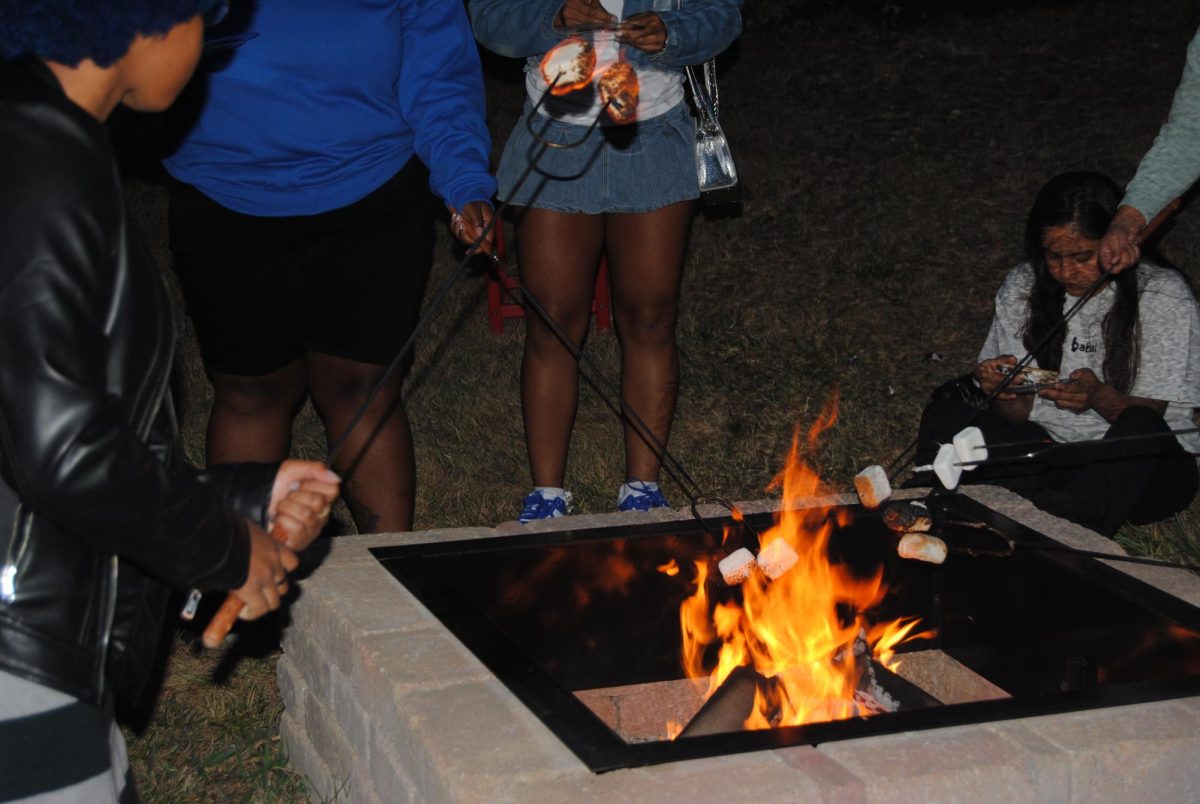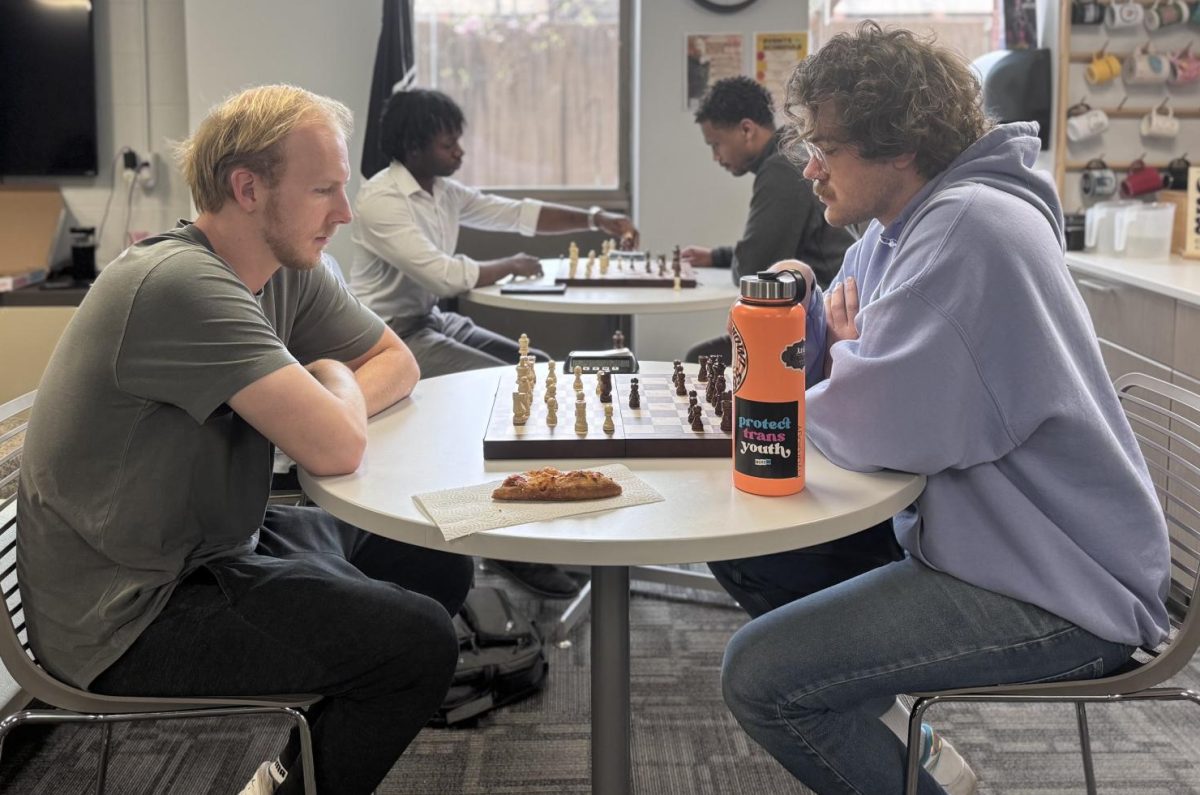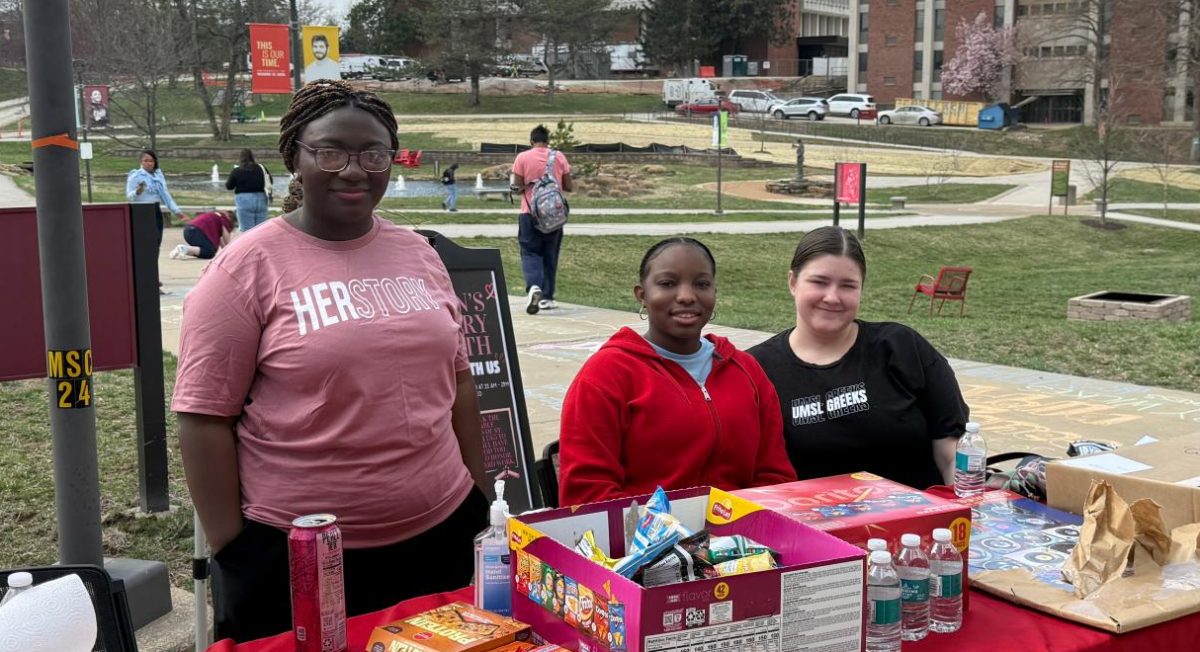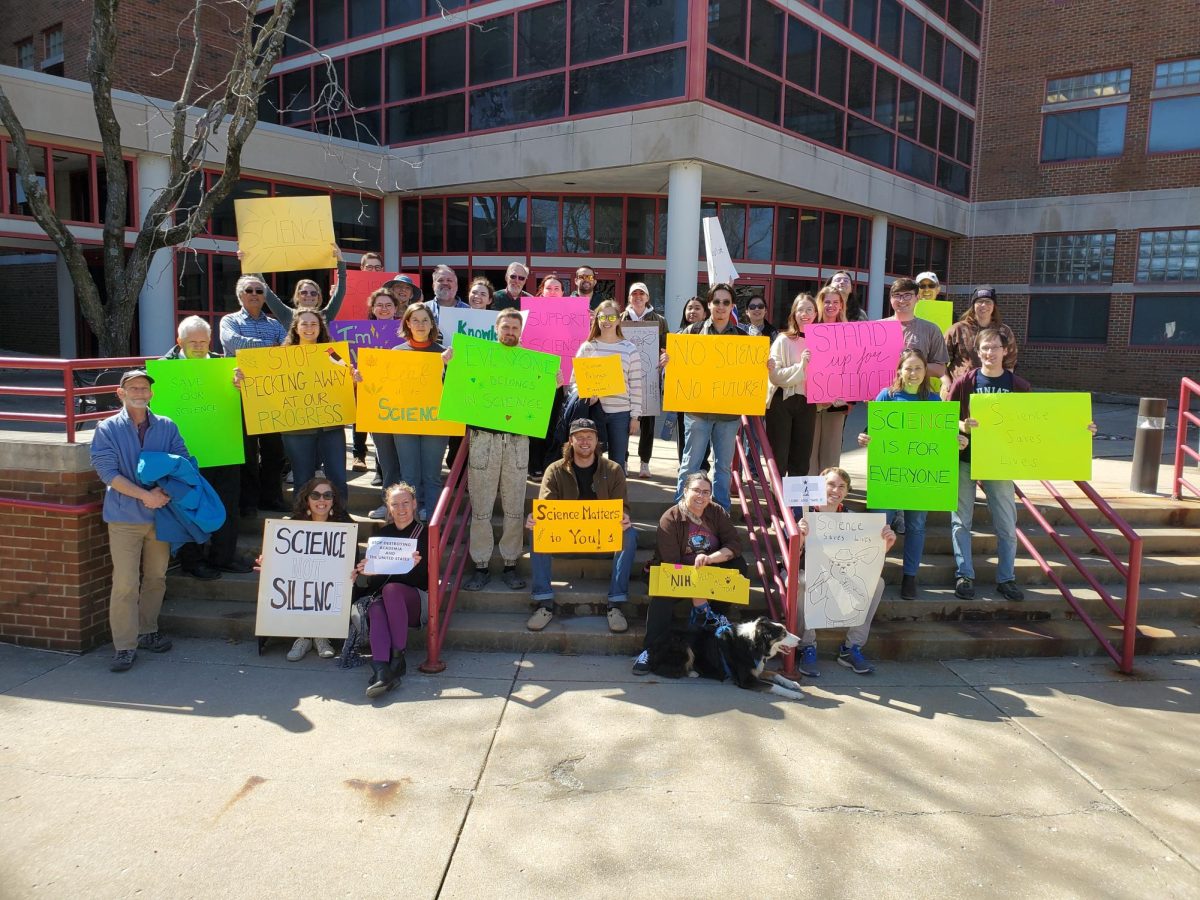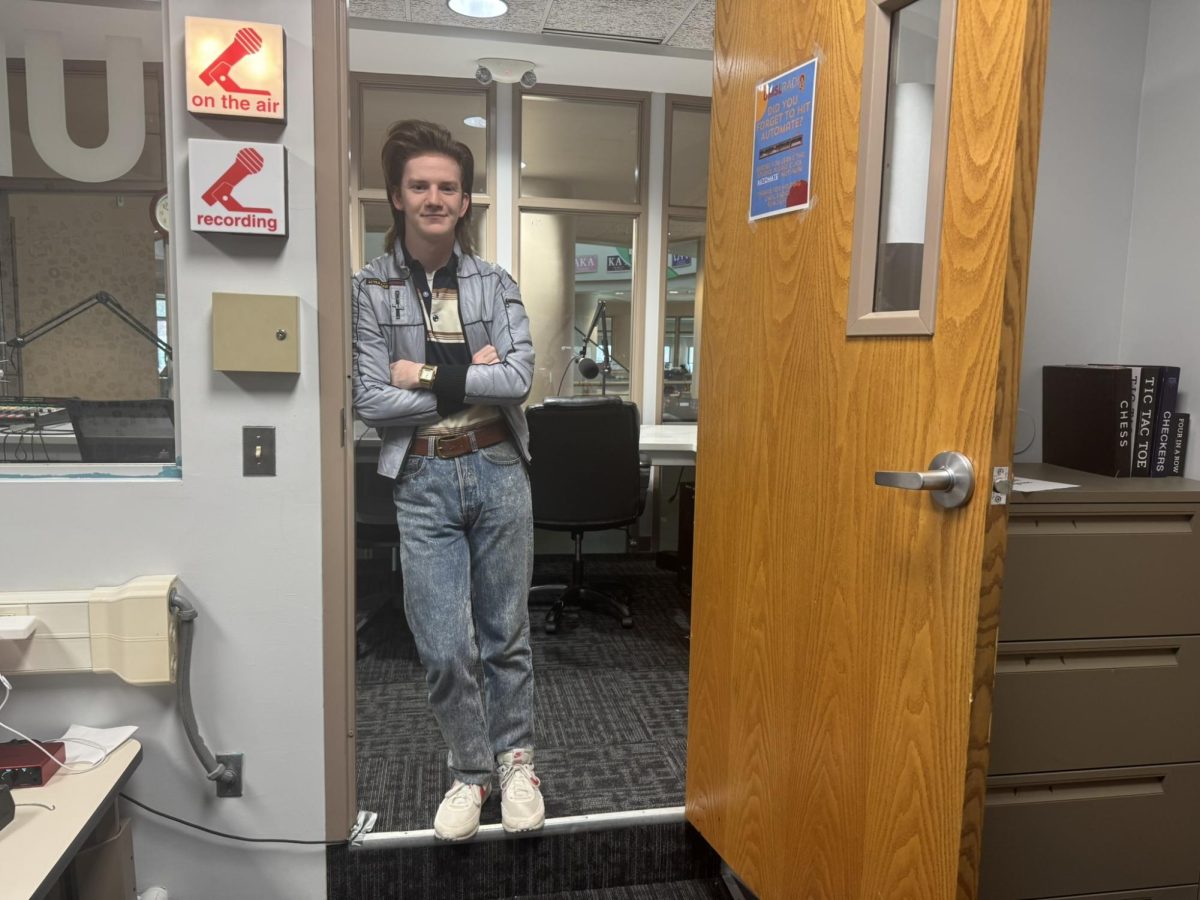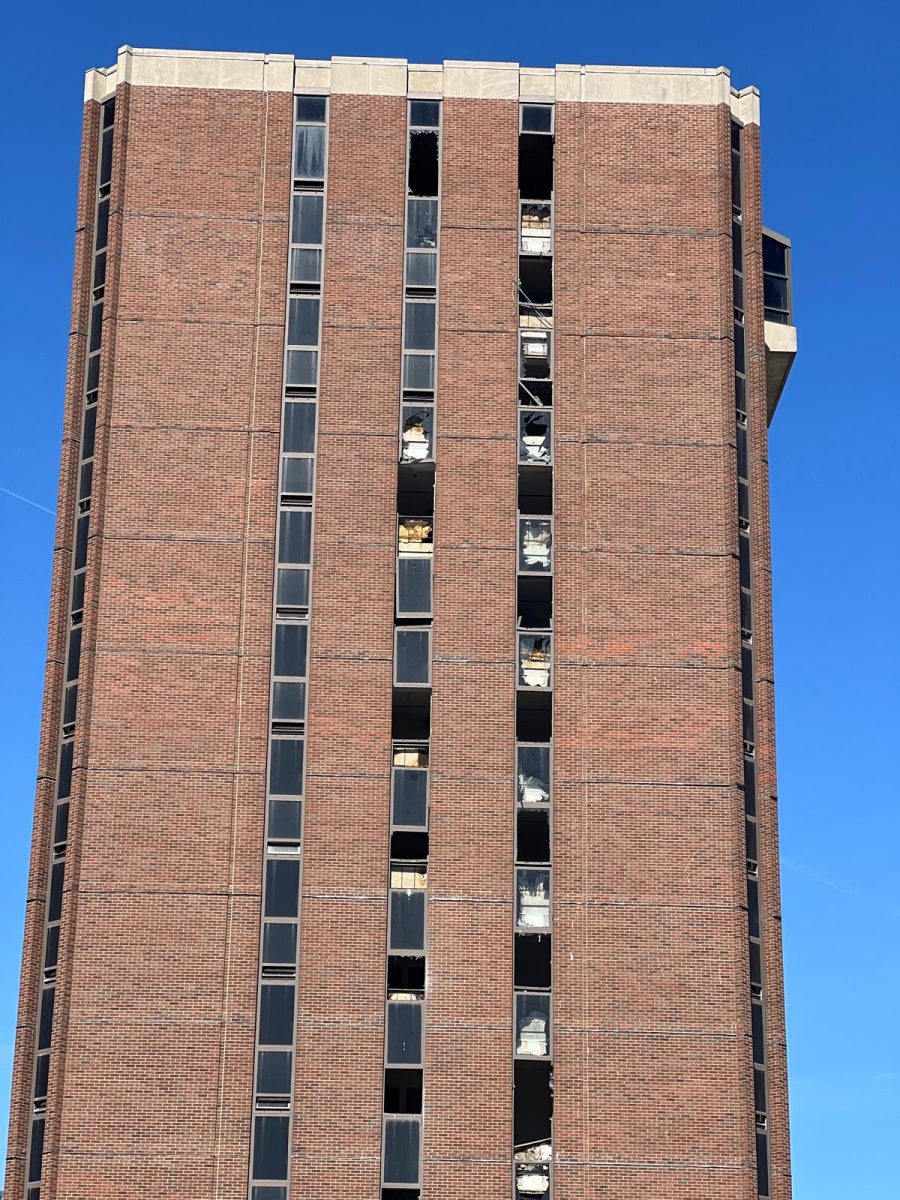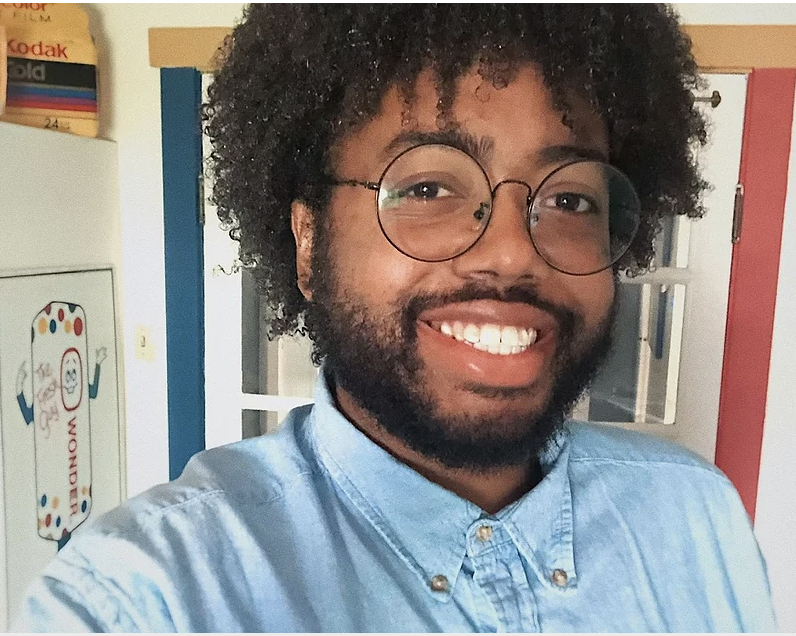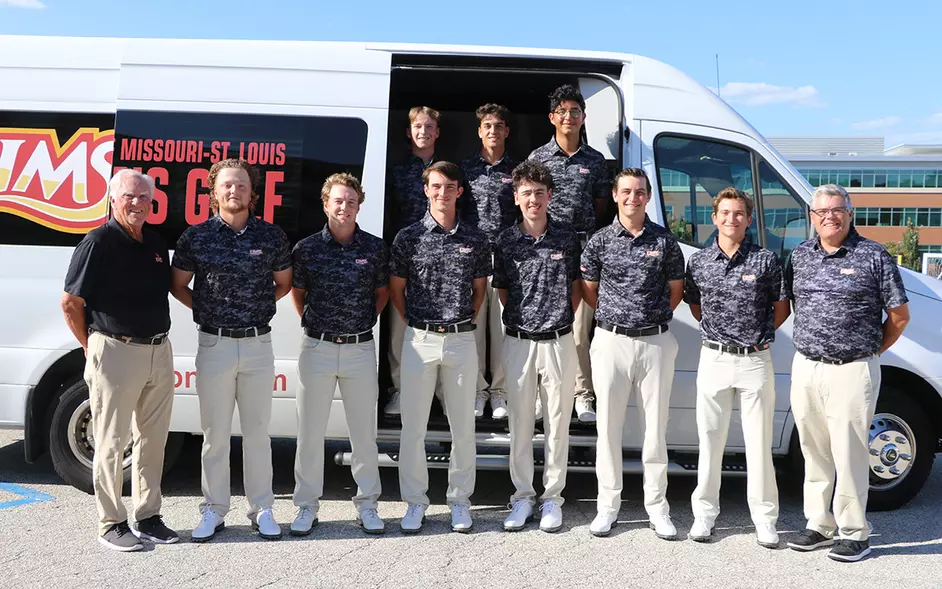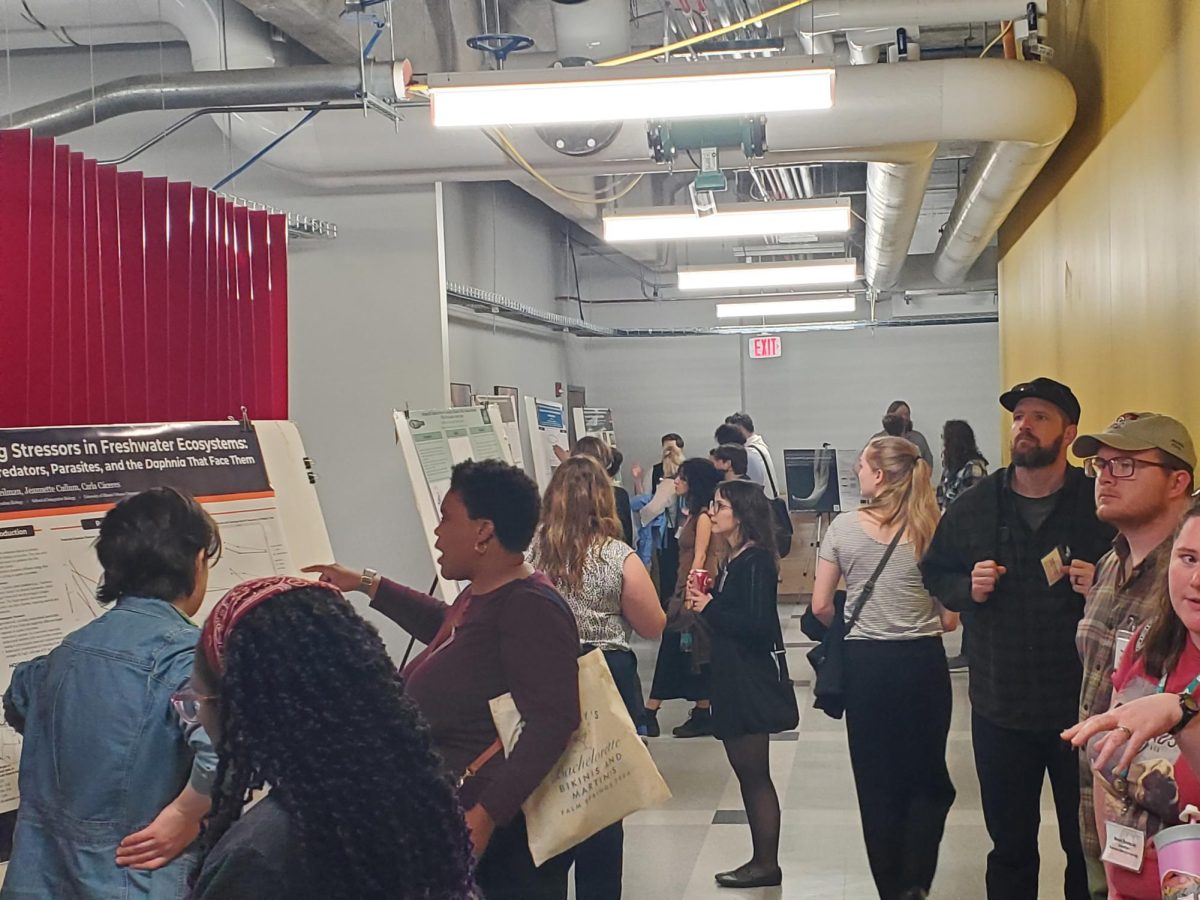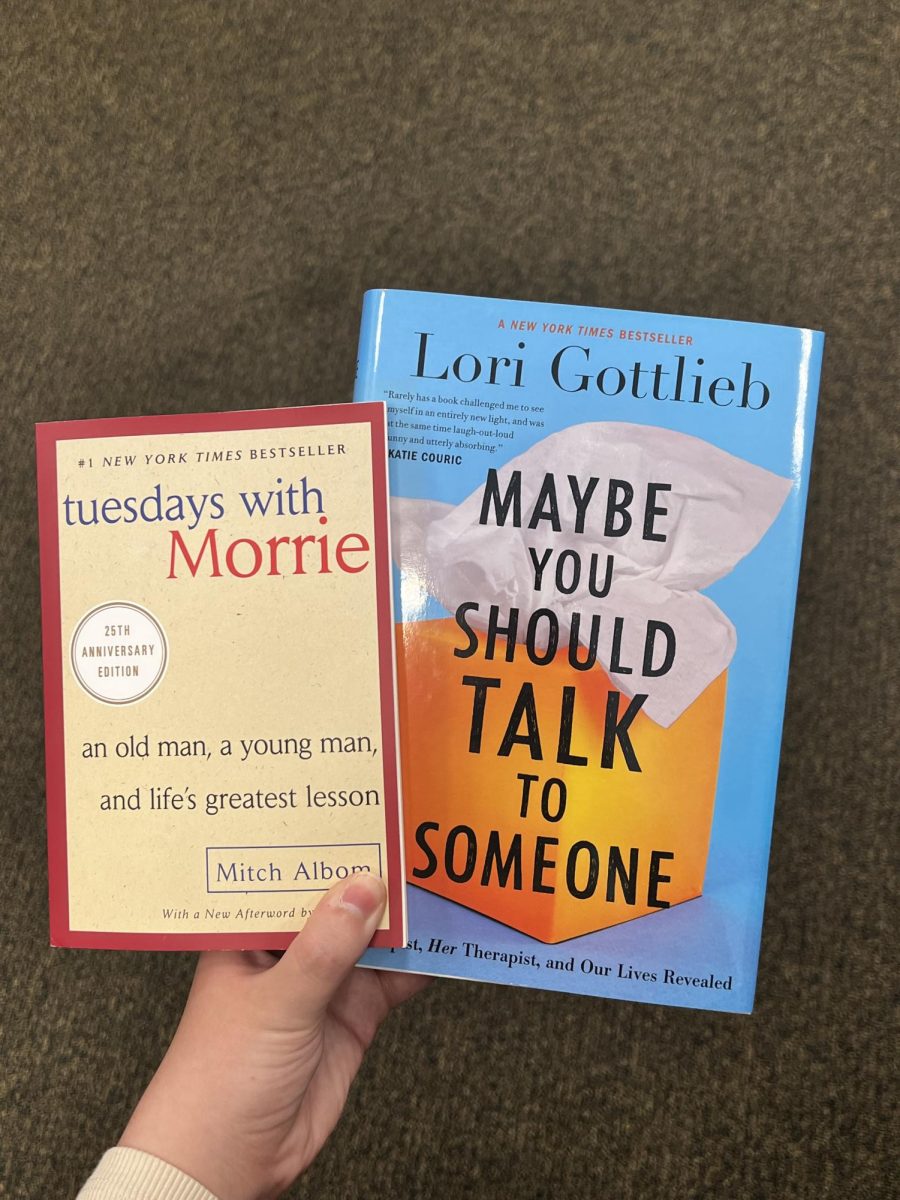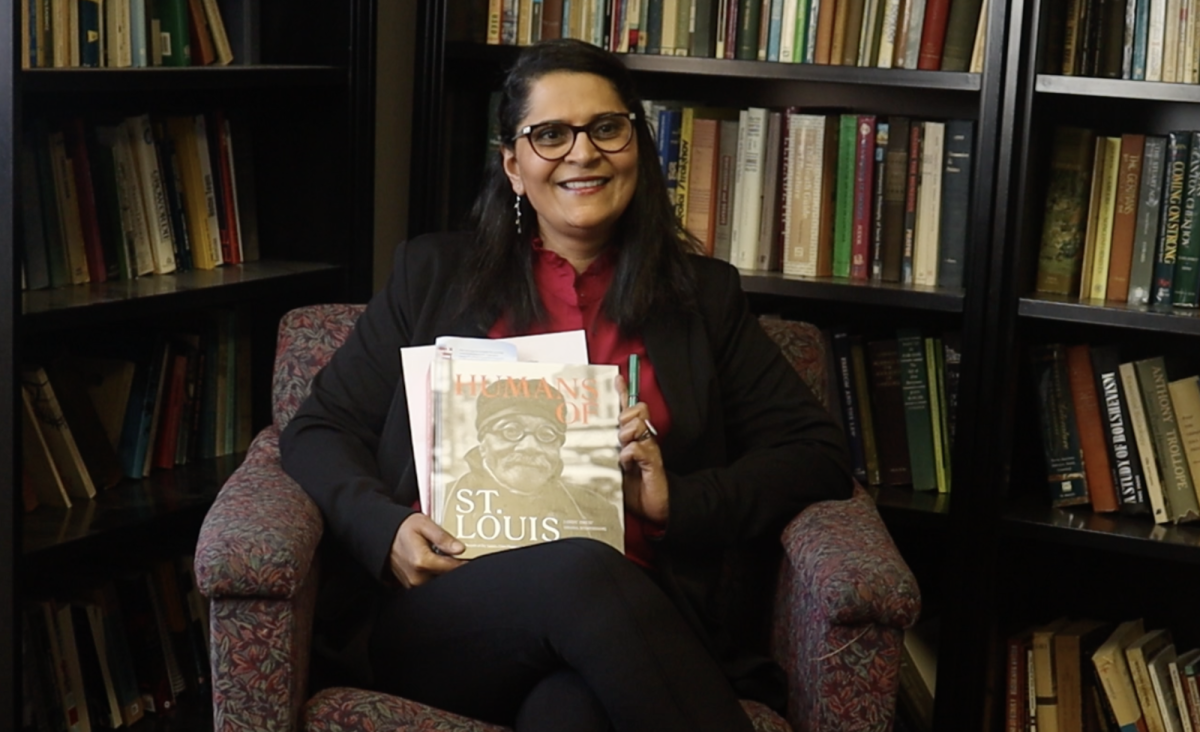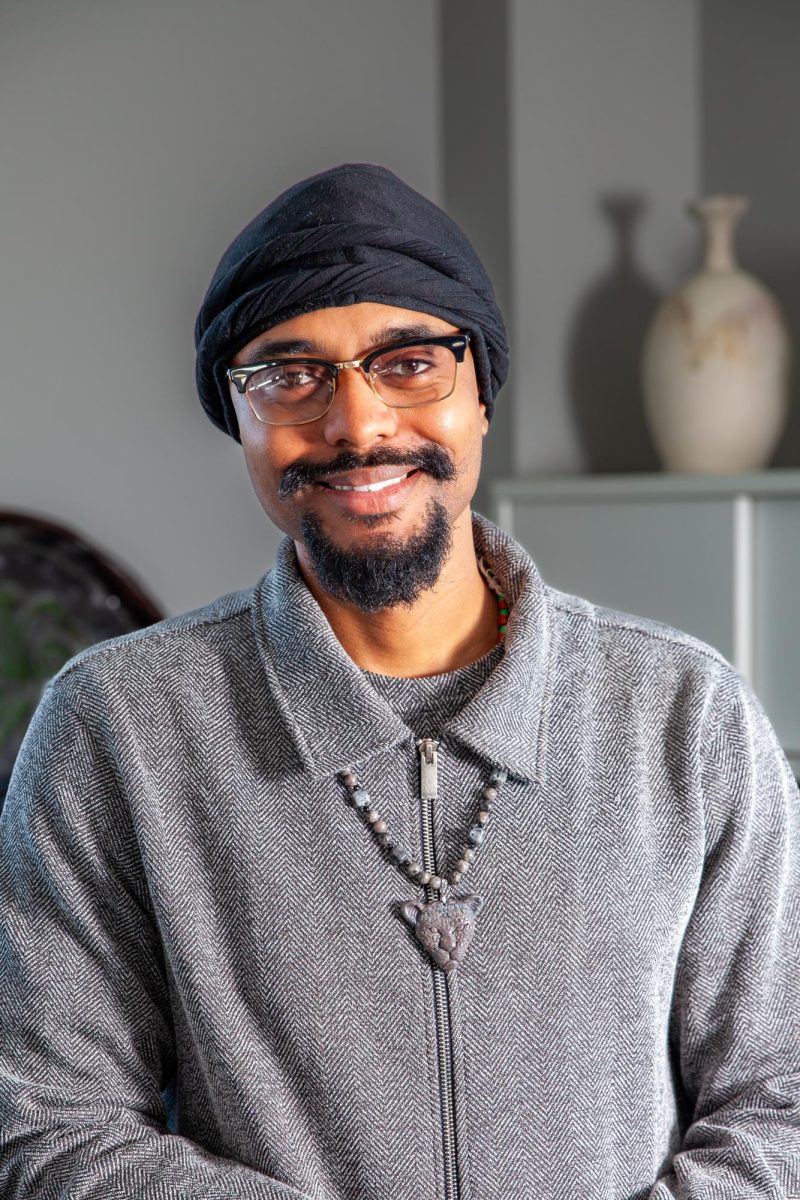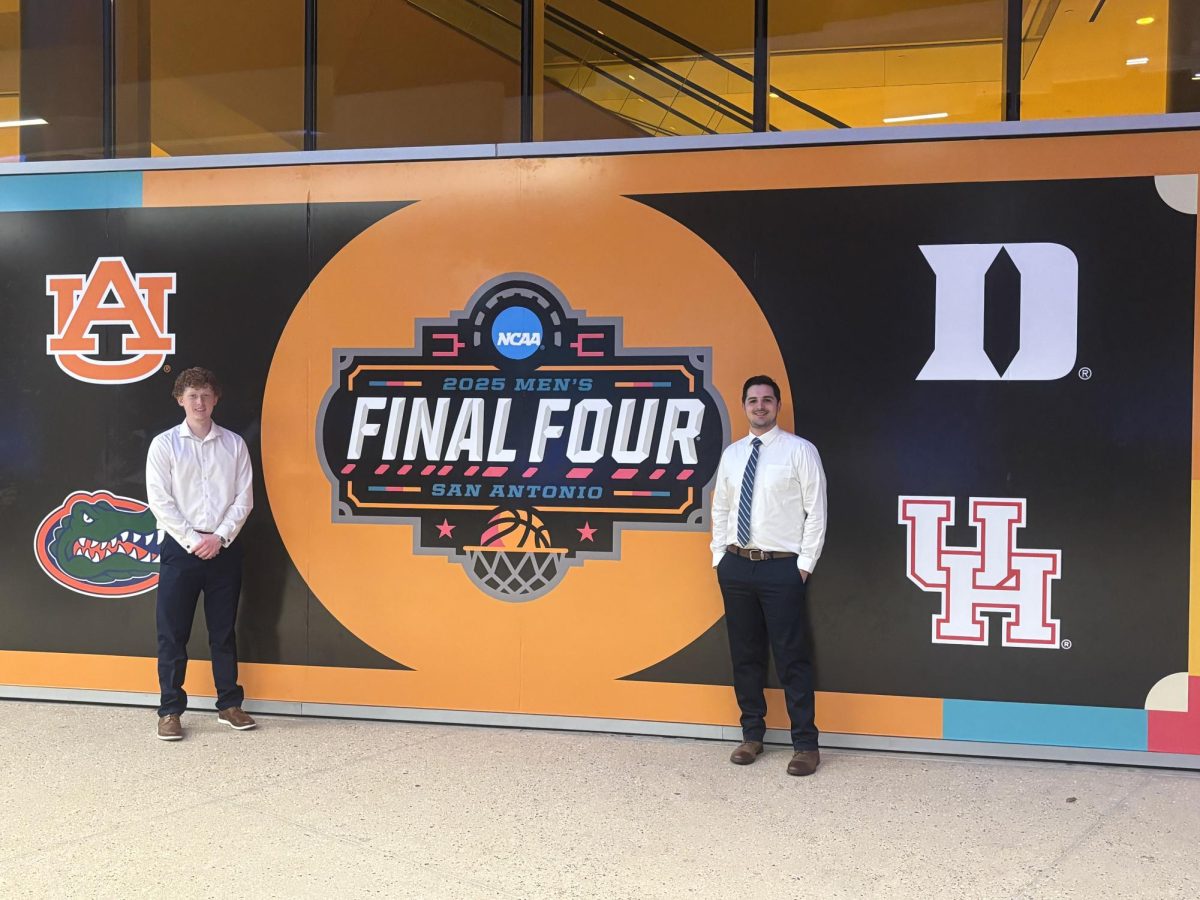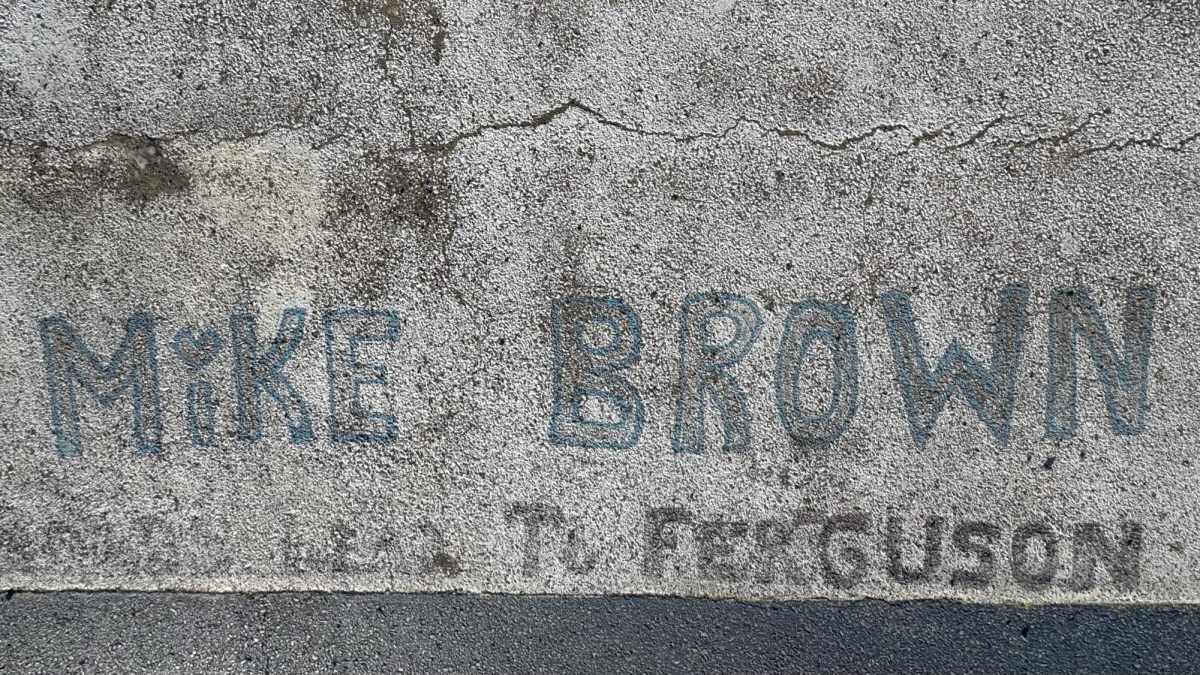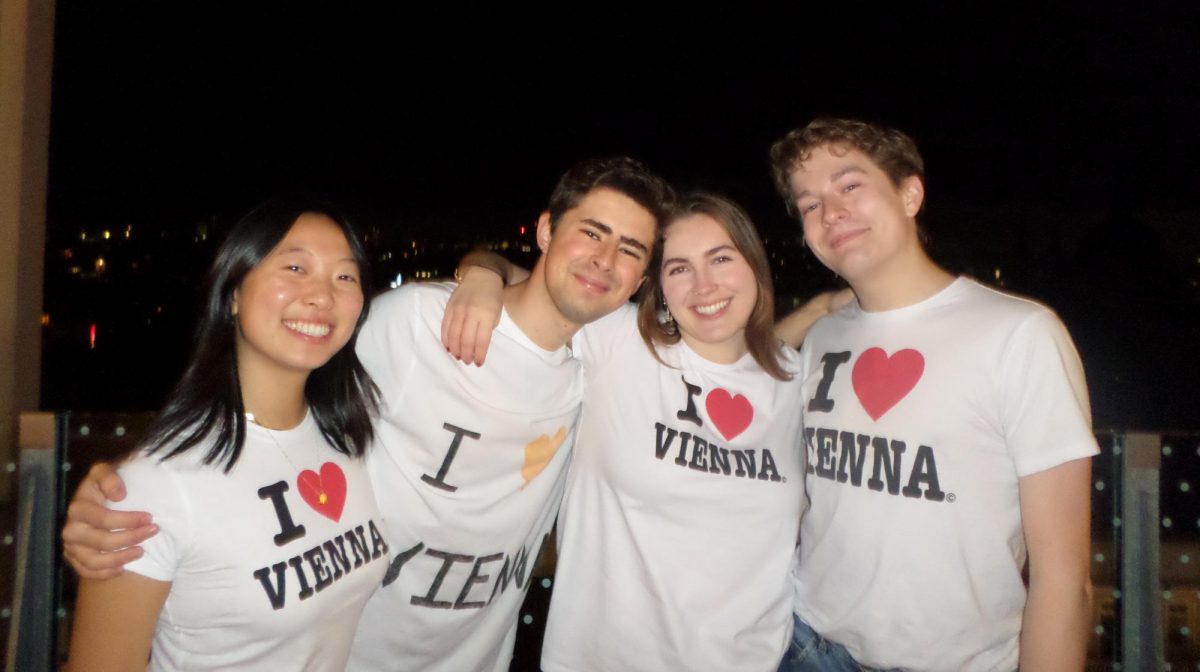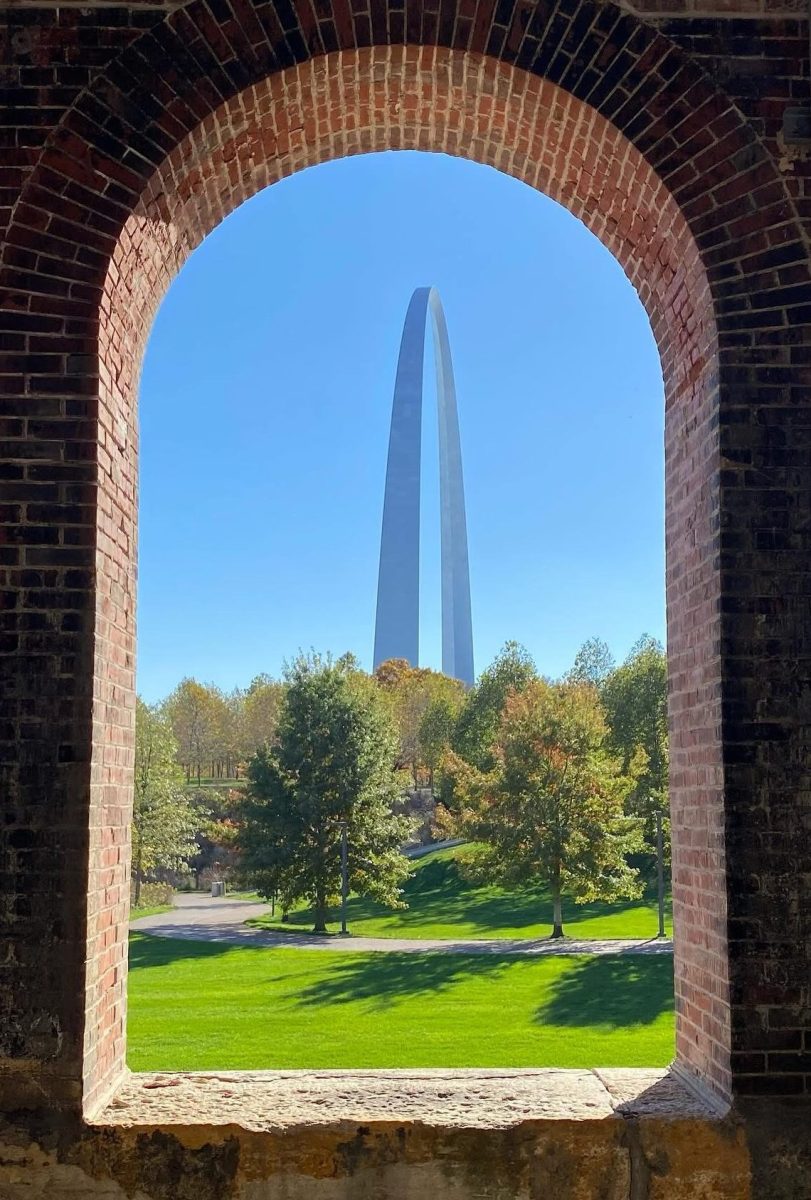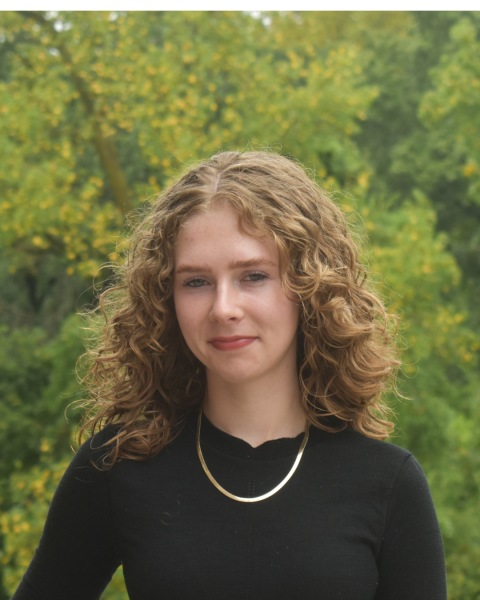An invaluable experience, especially for students, is the unique opportunity to learn in a new culture. This immersive search for new knowledge can be traced back to antiquity. Historical accounts of study abroad programs can be found in the second century B.C., where many scholars describe an increase in young Romans traveling to Greece for the purpose of studying.
In 1921, Professor Raymond Kirkbride at the University of Delaware wanted to increase the potential that traveling and studying have in promoting cross-cultural learning. As a World War I veteran, Professor Kirkbride saw both the destruction and the beauty of France. He became a professor in the modern languages department and was able to convince the university’s president, Walter Hullihen, of this program’s positive influence in creating well-rounded students and encouraging international experiences and careers. On July 7, 1923, the first group of eight Delaware students sailed to France for six weeks of intensive language immersion. The University of Delaware still offers over 100 programs today on six continents, and at times, all seven.
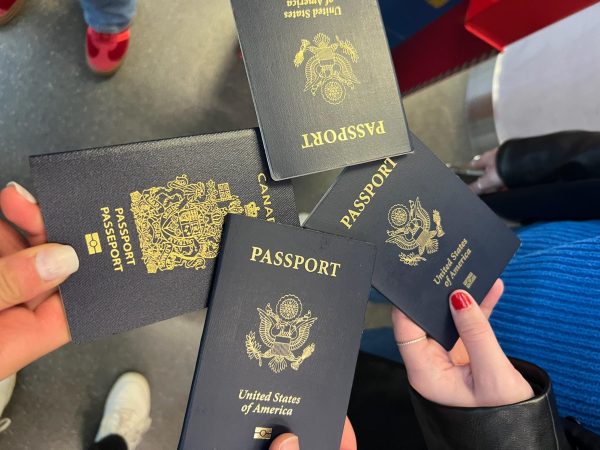
Today, UMSL offers study abroad programs in 31 countries worldwide. To get a better look at this unique learning experience, I spoke with fellow UMSL student Austin Laves about his study abroad semester in Vienna, Austria, and he shared how the culture shaped his educational experience. Laves, who is currently graduating this semester with a degree in business administration, studied at the Vienna University of Economics and Business Administration in the fall of 2024.
One of the first things that stops students from pursuing this experience abroad is the myth that it is only available to the wealthy. Austin reflected on his living and tuition expenses and found both “very affordable.”
Do you think it’s actually affordable for the average UMSL student?
“I would say right out the gate, living expenses over there are a lot more affordable, especially for students. There are a lot of subcommittees and a lot of affordable housing units that cater specifically to exchange students, which I thought was incredible.
My rent was right around $600 a month … Other costs, like food and everything, are very affordable. My community in my dorm often did dinner nights and cooked a week’s worth of food.”
The second hurdle that can be daunting for potential students is the documentation process for a student visa. Laves listed income verification, proof of housing upon arrival and university paperwork as just a few of the things you have to provide. However, this process is guided by advisors within the study abroad program services and checklists are provided.
How was the visa process, and what advice would you give to other students going through this?
“I did not start my visa process until probably a month before I left, and even then, I didn’t get my visa until like two weeks before I left. The best advice I could give to anybody is to start on it early. Part of the reason why I waited so long was because I was under the assumption I could take the train to Chicago and get it done there. But I ended up having to fly last minute to Houston, for not even a full day, because the Austrian embassy for student visas, that office is only in Houston. I had to book a last-minute hotel and flight; it was very hectic. The best advice I can say is, depending on the country you’re going to, make sure you know where your office is.”
Austin shares more about his experience below and how the professional academic scene has set him up for success.
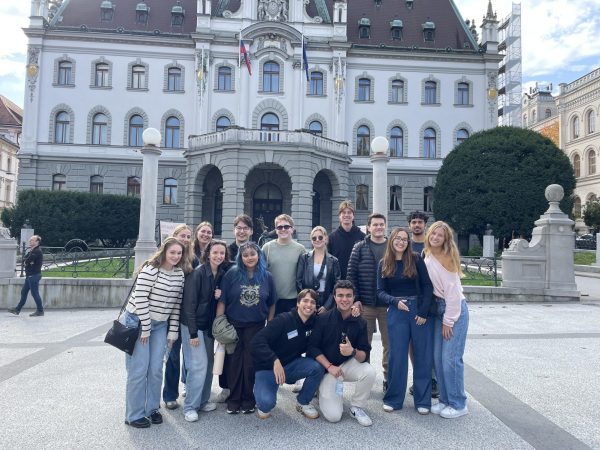
What was your favorite part of the academic semester?
Right out of the gate, I noticed that a lot of students, both exchange and native students, presented themselves very differently than American college students do. Starting with how they present, how they talk, they’re very, very professional and oriented on professional growth. I quickly became accustomed to dressing the way they dress, even for an 8 a.m. class. People were often in suit and tie and button-ups. But I appreciated it because it sets you up for success, especially when leaving academia and involving yourself in a career.
A lot of the classes that I took, the class structure is a little bit different … I had one class that met a total of four times over my duration of four months. Every class was about six to eight hours and was more of a case study-focused course. We would do a lot of presentations over there. I feel like a lot of people are not accustomed to presenting, but I love it so much.
During your time in Vienna, were you able to travel to any other countries?
I traveled to quite a few, some on my bucket list, but a lot of the trips I went on were so last-minute. I’m so grateful and glad I decided to go on a lot of those trips.
My absolute favorite has been going to Prague. It was a trip I planned with friends. I became really close with the director of the exchange program that I was a part of, and we brought two other friends with us. We just took the weekend, bought a $12 bus ticket to Prague. The architecture, the people we met, the food, the bars, it was all just amazing.
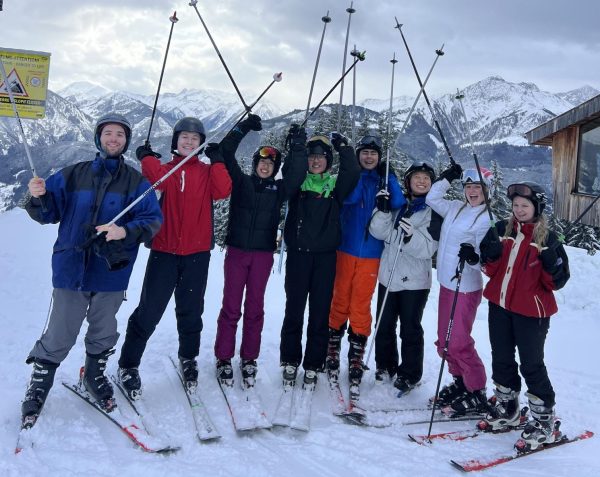
What was the most challenging part of the semester?
I will definitely say there is that component of alienation your first few weeks … I had never left the country prior to going to Vienna, and so there was a lot of anxiousness. I had to apply for a visa, make sure all my housing was covered, and get a passport.
Once I had my feet down in Vienna, it was very scary. I wasn’t afraid I was going to fail; I think I was just pushed out of my comfort zone. Once you get used to doing something, you grow to expect what these behaviors are gonna reward you with. I knew what to expect from taking classes at UMSL and the professors. I knew what to expect for each semester’s structure. Coming to Vienna, on top of it being a completely foreign language, there were a lot of points where the professors would approach me in German, and I’d kind of have to just wait anxiously and say, “Oh no, I don’t speak a lick of German.”
You have to figure out where you grocery shop and who your support system is going to be. You kind of have to start from ground zero, which was very daunting at first, but you just learn to take small bites away from that big, big piece. Before you know it, you’re traveling to Italy for a weekend with some of the best friends you’ve made.
What do you want UMSL students to know about studying abroad?
It really puts into perspective how small we are compared to the big picture. It broadened my horizons. All these opportunities presented themselves to me, and it was more than attainable. Once you find your friends and go into it with as open a mind as you can, it will reward you in the best of ways.

